中国 (Zhōngguó) is the name for China in Chinese, which translates literally as 'Middle Kingdom'. Ethnocentricity is not a novel concept, arguably being a natural extension of peoples inherent egocentric thought.
Being a native English speaker imbues me with a lot of privilege and opportunity, and an lazy excuse to never learn a second language. Landing in China was a humbling reduction to the level of a child, where my linguistic comprehension went from extremely high to non-existent.
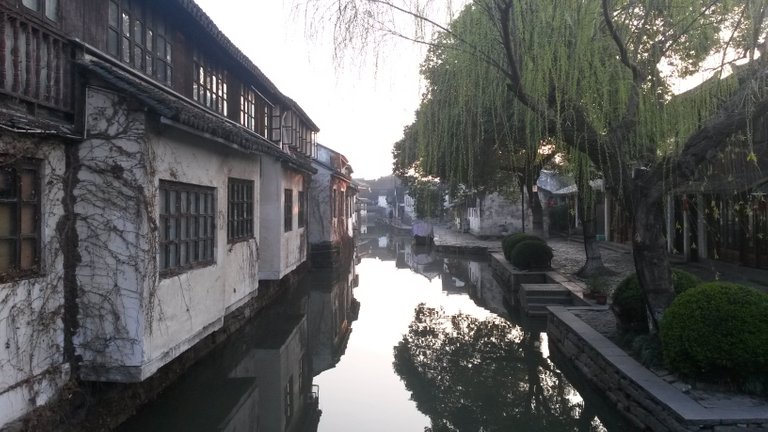
To suddenly find myself immersed in an unfamiliar, historically closed country with modern information controls was to have my expectations challenged. China is not modern, nor is it historical; China seems to be developing a sort of parallel paradigm to Western expectations all of its own.
During the first year I travelled from the dusty capital Beijing to frozen Harbin, the sprawling metropolis of Shanghai and the historical water city of Suzhou, before settling in the naturalistic trade hub of Shenzhen (which lies parallel to Hong Kong).
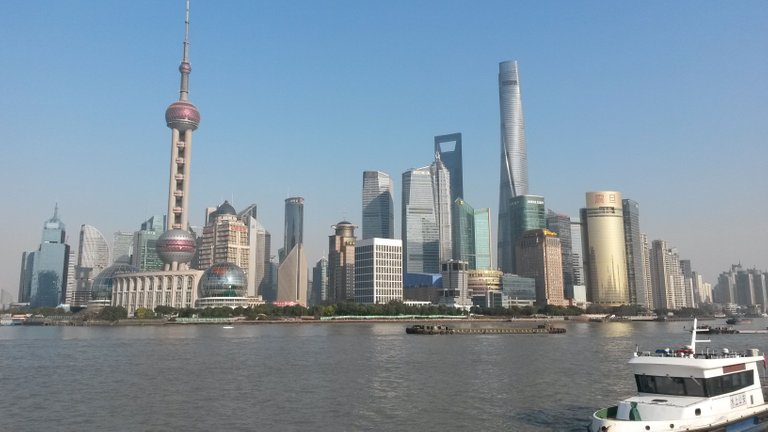
Daily life in China permeates with a relaxed high energy, as developments rapidly shape and re-shape the country. Technological disruption hit the Western world when it was already considered 'developed' - China was still transitioning when the internet and smartphones hit. The net effect creates a space of malleability, unsettled and diverse, demanding flexibility.
Many of the Chinese workers which populate these cities are migrants. Rules fluctuate whilst the ability to enforce them remains incomplete, and organisation is drastically inconsistent. Balancing consistency, whilst pursuing a semi-nomadic lifestyle, is a shift from regularity and stability into something more challenging and rewarding than I experienced in the UK.
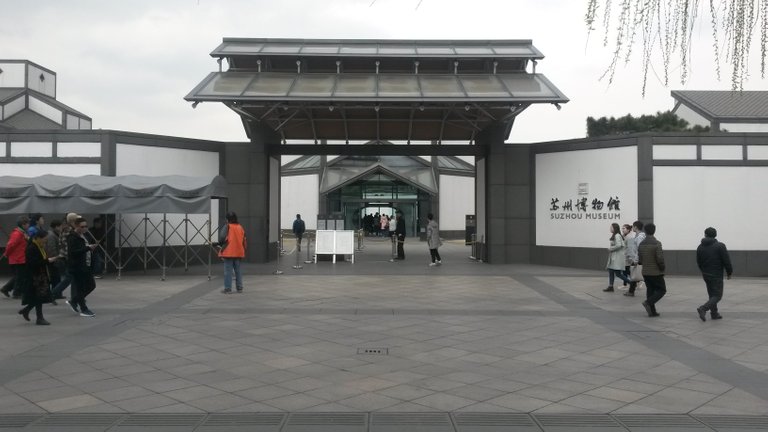
In future posts I intend to focus on a specific aspect of my experience here, avoiding cliché such as toilets or food, and instead relating my daily observations. The culture here seems more fluid, with notions of what 'modern China' means still being actively challenged and discussed.
Globalisation vs. nationalism is erupting everywhere, people scrabbling for stability in an increasingly interconnected and confusing world. My experience of Chinese youth is that they are just as curious as anywhere else, sharing the millenial curse of open globalised mindsets trapped in localised politics.
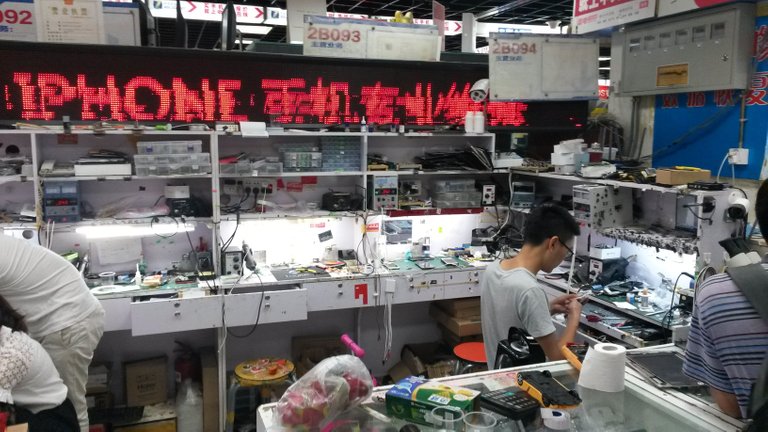
The blockchain may just be an opportunity to solve these issues, connecting people without the divisions of identity based on historical geography. Living in China was a speculative leap for me, to test the theory of this mindset, to see what worked and what didn't, to confront the challenges in creating a more open world.
My purpose in being here aligns with the potentiality of the blockchain itself, a literalisation of collective hope and intent. Manifestation of a more connected world, replete with economic and political implications, requires individual contributions to succeed.
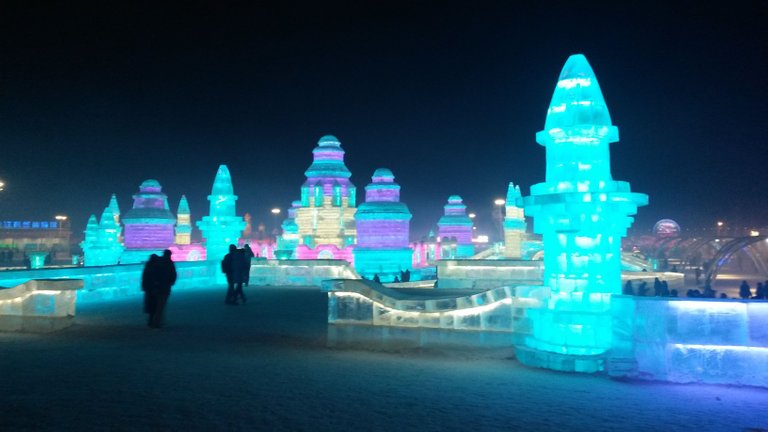
I hope you enjoy mine as I endeavour to contribute.
Hi. I am a volunteer bot for @resteembot that upvoted you.
Your post was chosen at random, as part of the advertisment campaign for @resteembot.
@resteembot is meant to help minnows get noticed by re-steeming their posts
To use the bot, one must follow it for at least 3 hours, and then make a transaction where the memo is the url of the post.
If you want to learn more - read the introduction post of @resteembot.
If you want help spread the word - read the advertisment program post.
Steem ON!